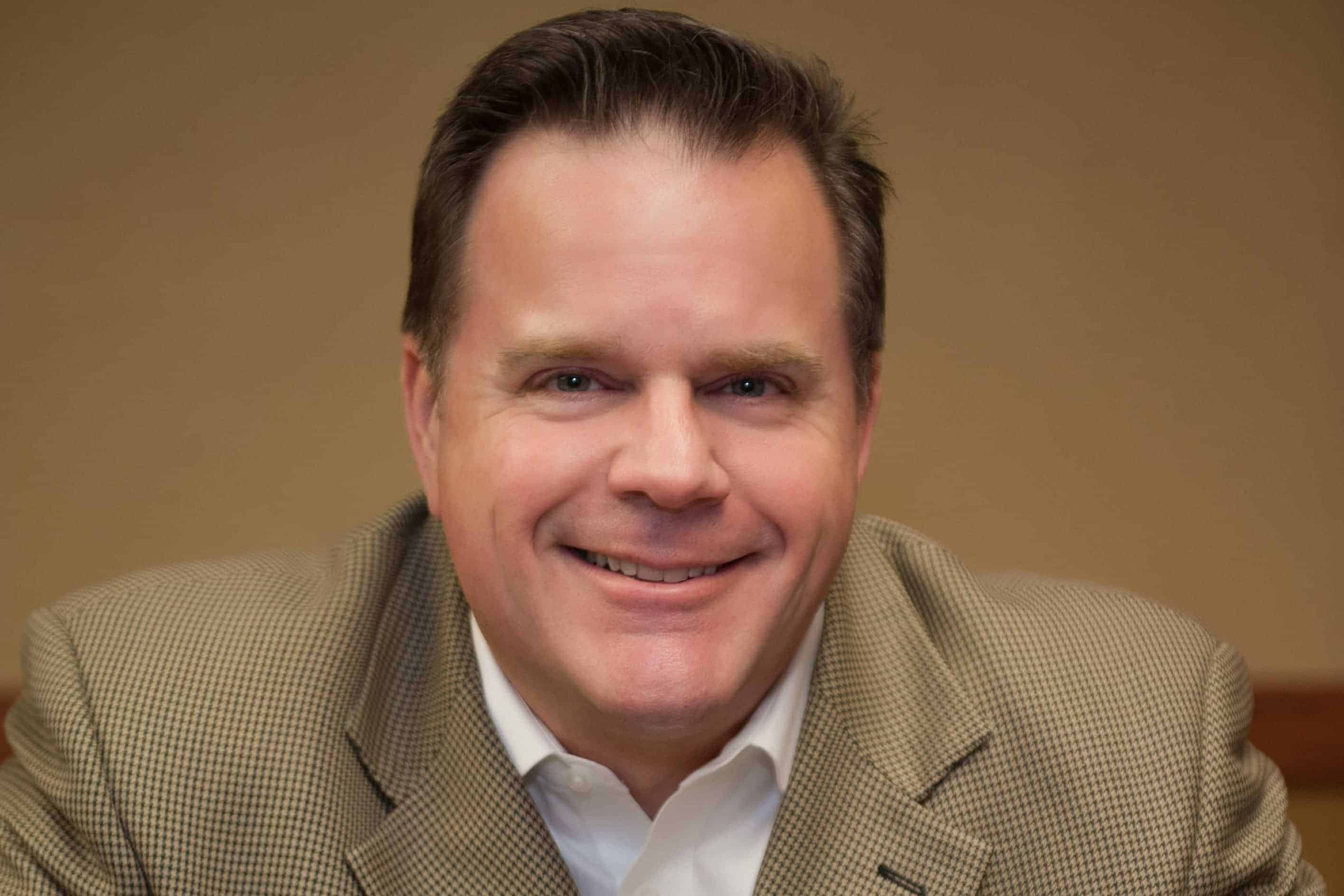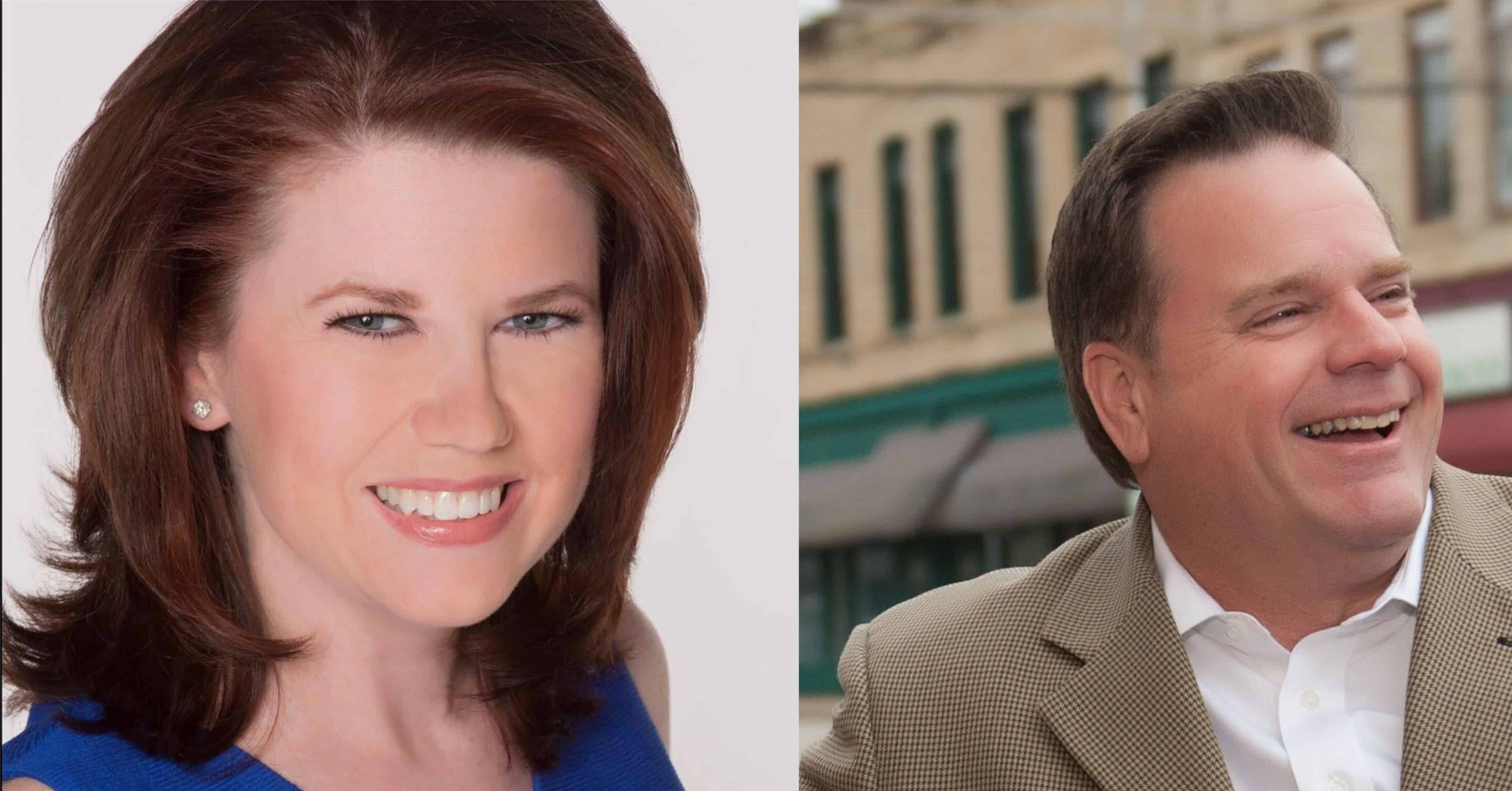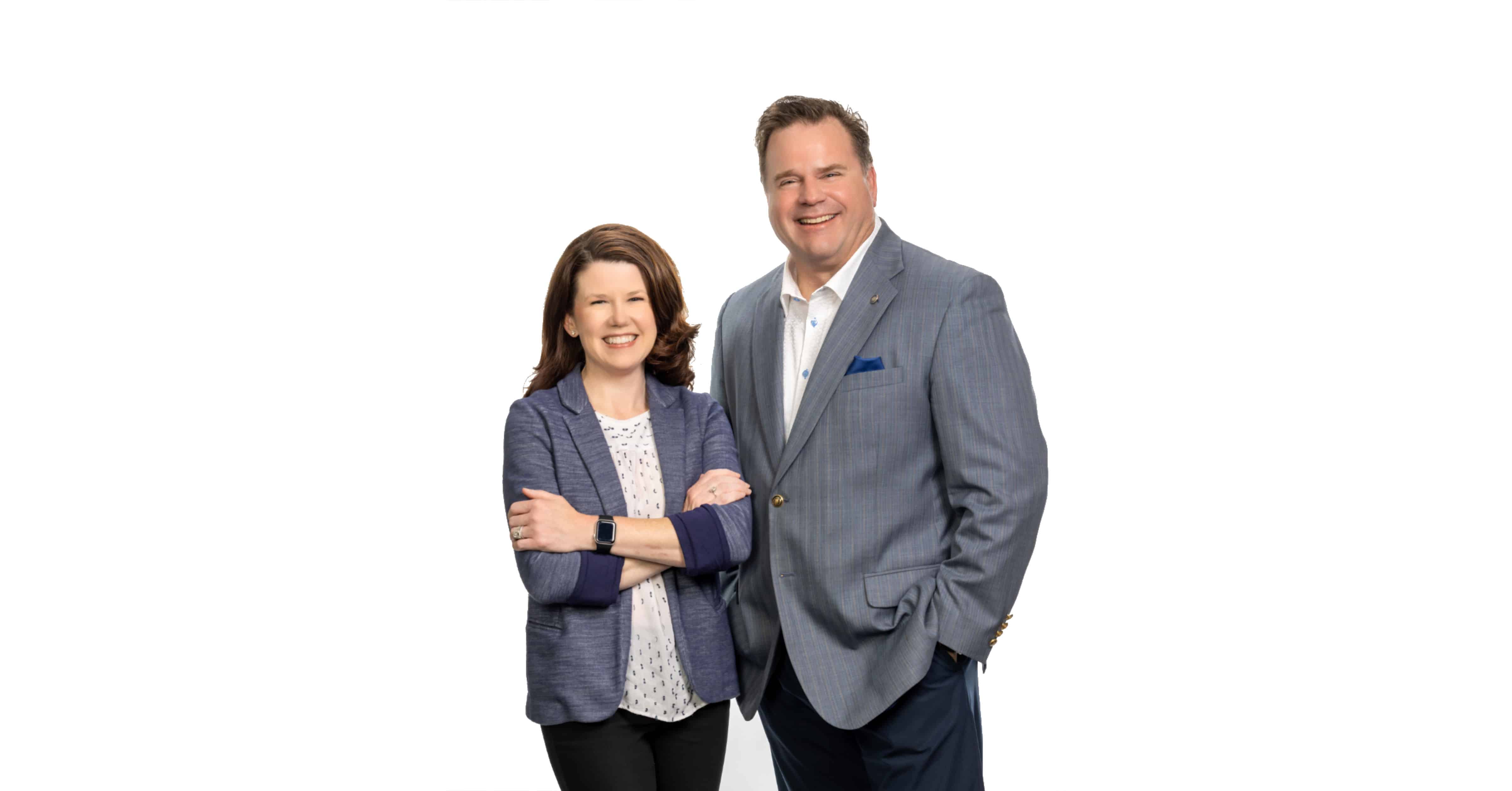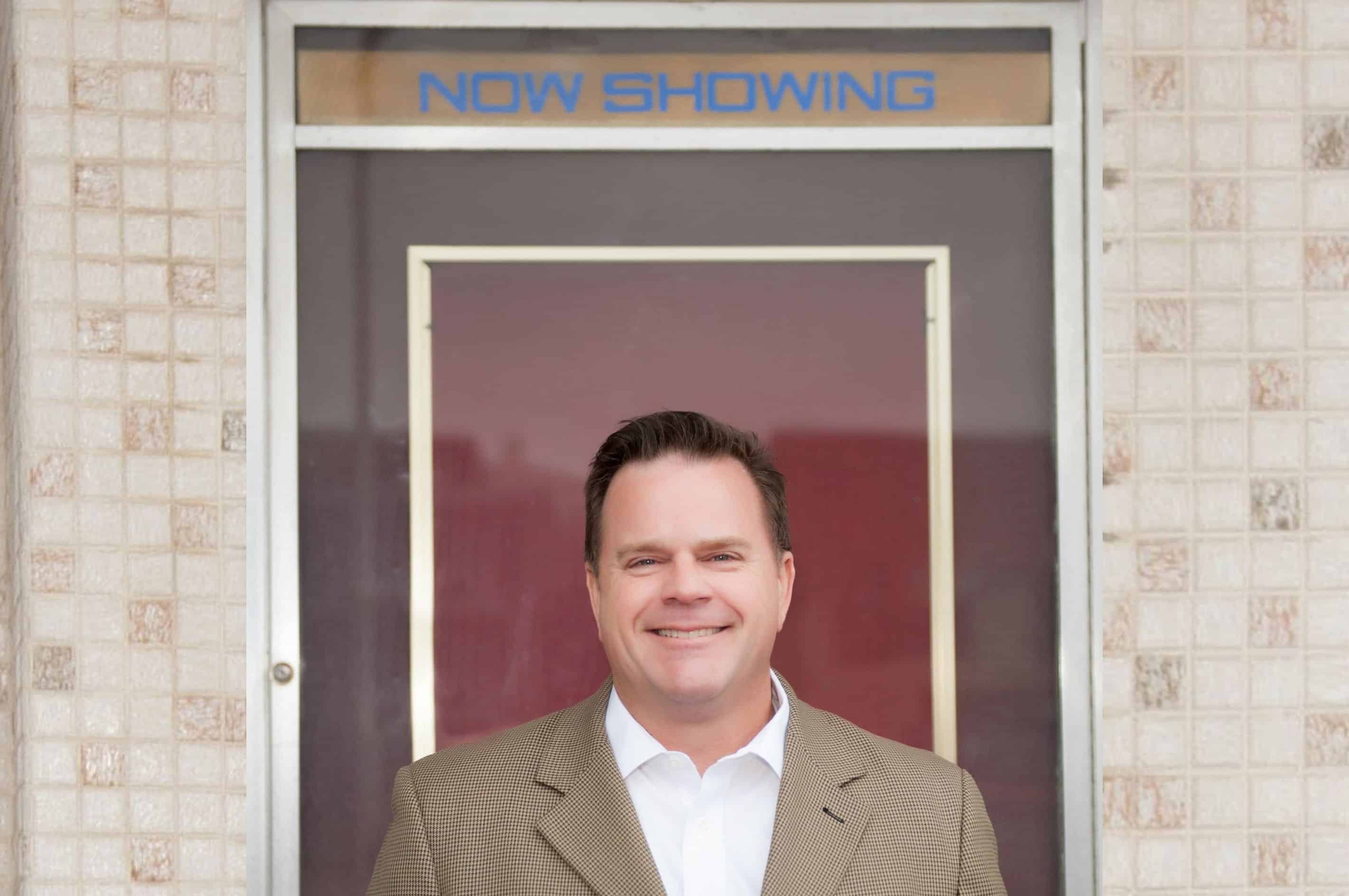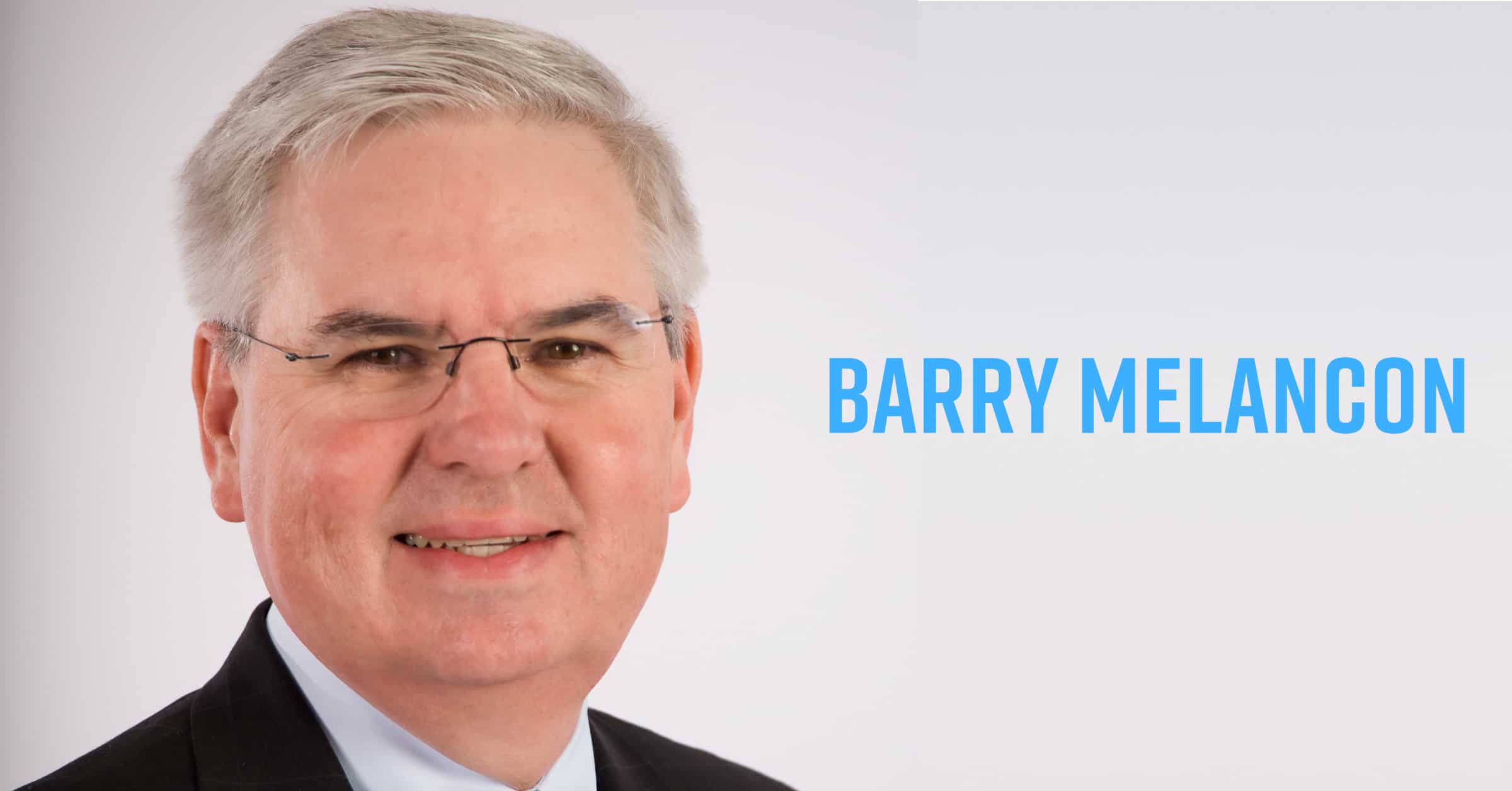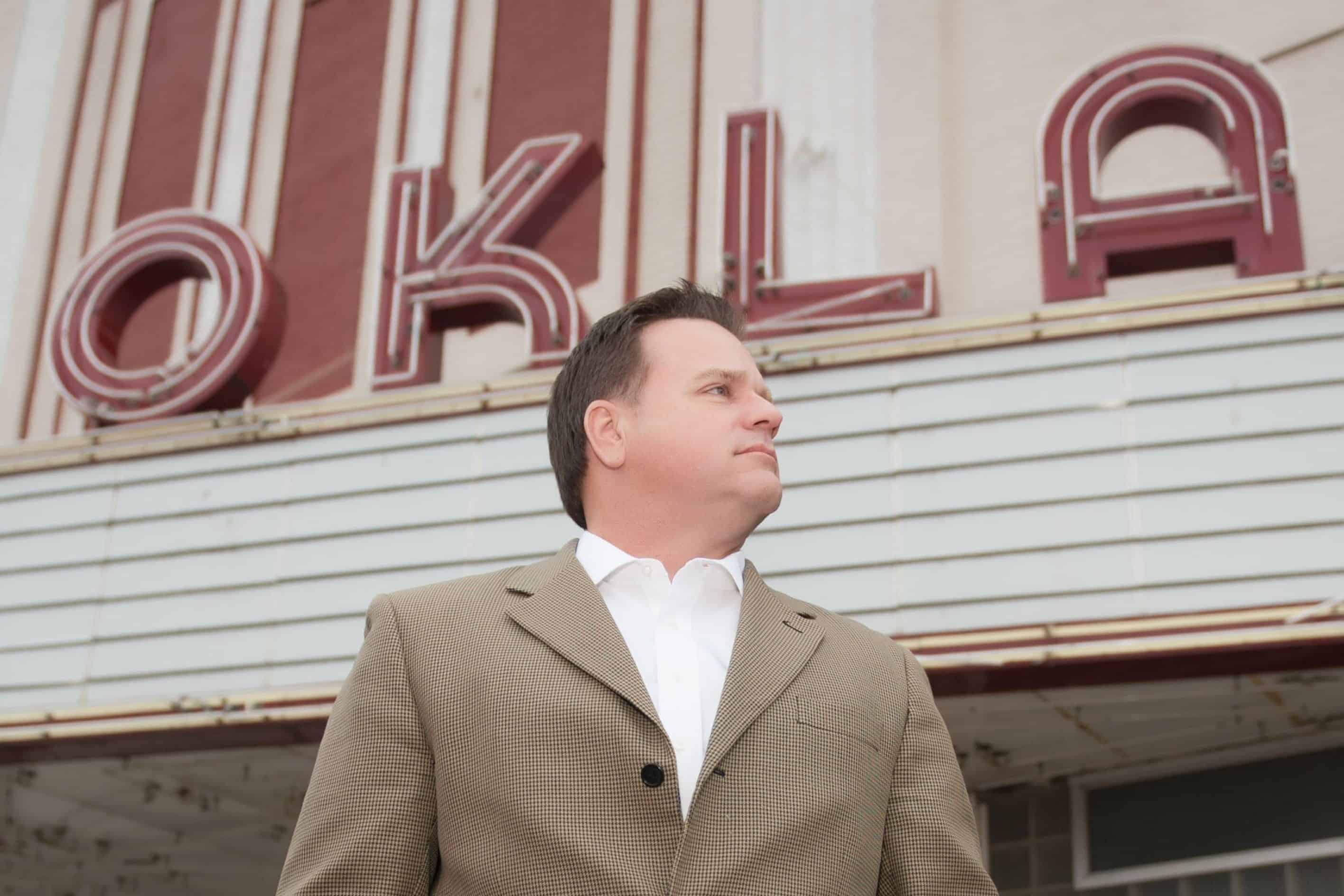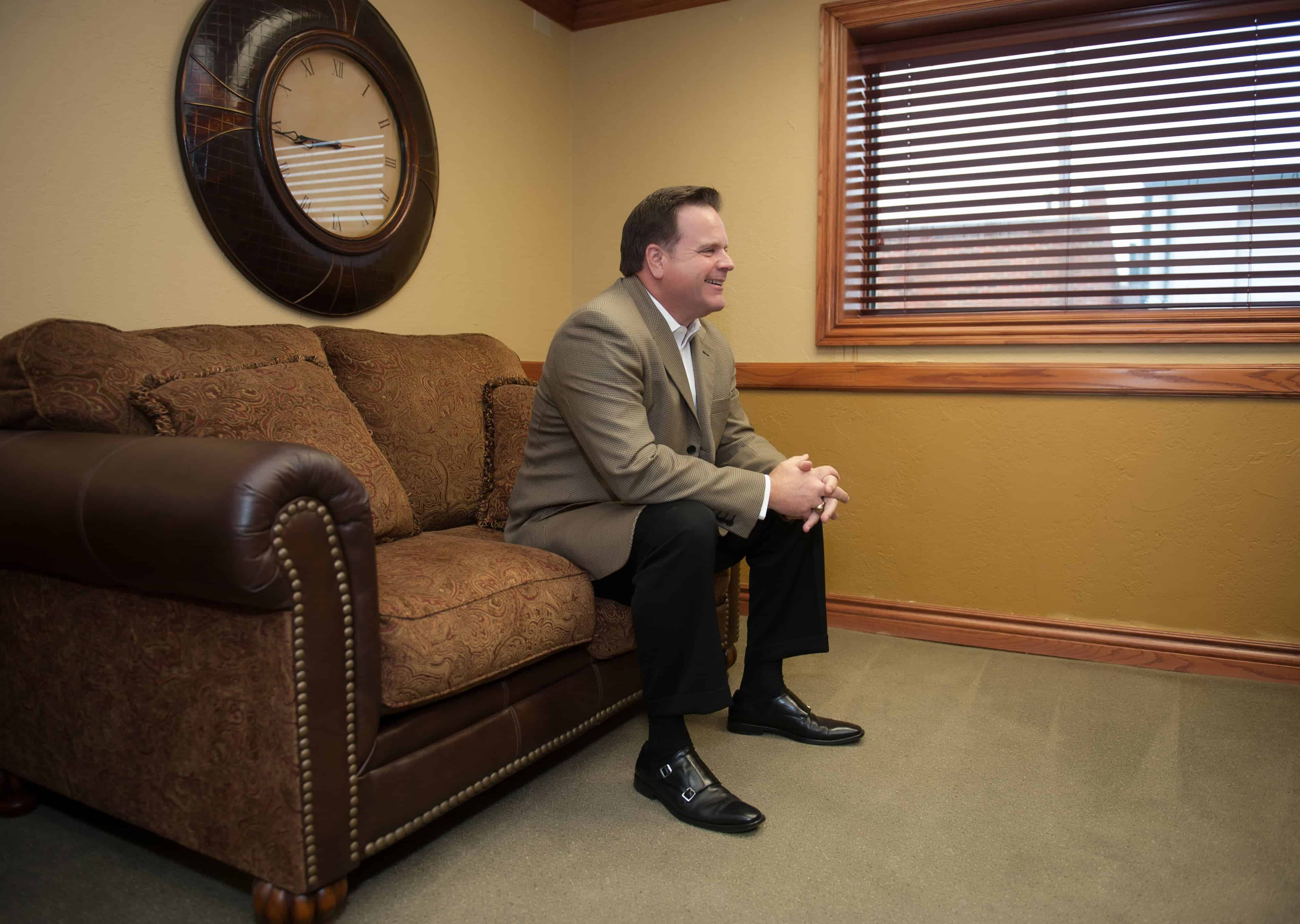If you were to leave your home and move to another one, would you leave your valuable jewelry and other assets with the old home? Of course not! In a similar sense, millions of Americans leave their place of employment and fail to protect one of their most important assets after the change in employment – their retirement account.
Participants of 401(k) plans control, to a degree, the mobility of their retirement accounts. We were visiting with a business executive recently who had been very successful in his career. One interesting note was that he had worked for five different companies during his career and left his sizeable retirement accounts at each of the employers. When I asked his reason for abandoning his accounts with a previous employer, he simply stated that he had invested his funds in a proper allocation and wanted to diversify his total investment for retirement.
My next question caught him ill prepared. I asked, “Who is the new custodian for the plan you HAD with XYZ Company?” For purposes of full disclosure, I had direct knowledge that the XYZ Company had changed platforms for the retirement plan twice since this gentleman had been last employed with the company. He couldn’t answer my question. Then I asked what he knew of his sign on and password for the platform to obtain balances and statements. Again, he admitted that he did not know the information.
A valuable lesson to be learned is to take control of your retirement assets from your former employer by transferring them to your Individual Retirement Account (IRA). Too many times have we witnessed the stress a person experiences when they can’t gain access to their money because of changes in platforms, company being sold or some other transaction that occurs since their last date of employment.
By taking proactive action upon separation from service from your employer, you have the information to request a trustee-to-trustee transfer to an IRA without tax impact. Further, you will have retained the pre-tax favorability of the assets by transferring to your IRA. Lastly, you will have the opportunity to invest in a much larger selection of investment types than most plans can provide you.
Another excellent benefit for maintaining control of your employer plan accounts is that you can consolidate all of your 401(k) accounts into a single IRA which will make your management of the funds much simpler. By maintaining a single IRA, you can monitor any potential rebalancing or concentrating in a single asset class that will help you mitigate risk in the portfolio.
Life in retirement should be simpler and with more freedom than you accomplished while in your career. It does take a plan to reach a simpler lifestyle and it is something we do every day for our clients. No one retires to work harder managing and protecting their assets. Life is simple but we tend to make it harder than it must be.
If you have orphaned a 401(k) account with a previous employer, act today to regain control of your assets. We believe it is in your family’s best interest to communicate the location last recalled of the assets with a spouse or significant other. What if you decease while the plan assets remain with your employer? There are steps you can take to protect your family and facilitate the distribution or transfer of these assets. To help you paint the picture of your bigger future, seek a complimentary consultation with a Certified Financial Planner™ professional. A quote by Joshua Becker is so fitting to end this article, “The first step in crafting the life you want is to get rid of everything you don’t.”



